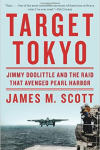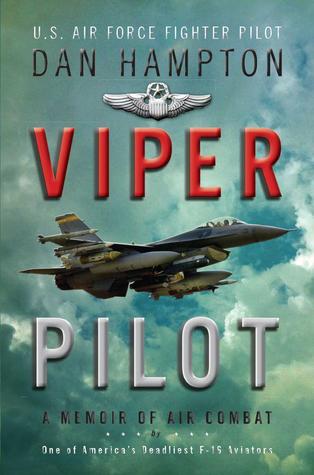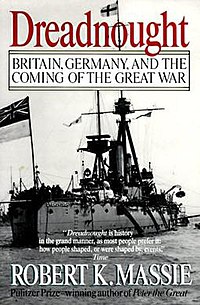Presidents in Crisis: Tough Decisions inside the White House From Truman to Obama. Decent historical summaries, light on actual analysis. Skip it.
Damn Few More than your run of the mill billy-badass- SEAL book. A good look at the responsibility of command and the need for continual self-improvement and study (includes his own reading list at the end).
The Trident: The Forging and Reforging of Navy SEAL. ABSOLUTELY unlike any other NSW book out there. This is a book about pride, ego, failure, maturity, mentorship, and resiliency. I would have benefited from reading this book as a 23 year old... A lot to relate to in this book. If you're choosing between
Damn Few and
The Trident, choose the latter.
Playing to The Edge by Gen (ret) Michael Hayden. Probably not going to change many people's minds about him - either as a villain or a loyal public servant; regardless - some really interesting perspectives.
Ender's Game I'd never gotten around to reading this, but finished it last week. I can see why it shows up on USMC reading list. There's some goodness to pull out WRT maximizing the skills and talent of those around you - team building - etc. I'm not a big sci-fi fan, but the book was good enough....until the ending. WTF?
The Lion's Gate: On the Front Lines of The Six Days War. I'm a big fan of almost everything by Pressfield (to include
Bagger Vance), this book is no exception. Slowly working through it and enjoying it.
Listened to a interview with the author of this book,
Truth, Lies, and O-Rings - Inside the Space Shuttle Challenger Disaster. While it's no secret what happened, I think it will be interesting to read about it from the perspective of one of the few people who spoke up and refused to sign off on the launch.

 . Reference my previous comment - the theory is a bit interesting to me. From what I know, your assessment has some valid foundation; such ideologies escape a human element that at times cannot be accounted for, like labor economics for instance. Drawing from the same strand as you, conservative libertarian[ism (are we running? can I be your campaign dirty trickster?)] we think we should be free within certain limits of a moral majority and hold social accountability to the individual. But that's largely easier for us to say when the ideology escapes others who have been cultured by a system that rewards what we might think is rather poor individual responsibility that contributes to the lack of social accountability, for example.
. Reference my previous comment - the theory is a bit interesting to me. From what I know, your assessment has some valid foundation; such ideologies escape a human element that at times cannot be accounted for, like labor economics for instance. Drawing from the same strand as you, conservative libertarian[ism (are we running? can I be your campaign dirty trickster?)] we think we should be free within certain limits of a moral majority and hold social accountability to the individual. But that's largely easier for us to say when the ideology escapes others who have been cultured by a system that rewards what we might think is rather poor individual responsibility that contributes to the lack of social accountability, for example. 

